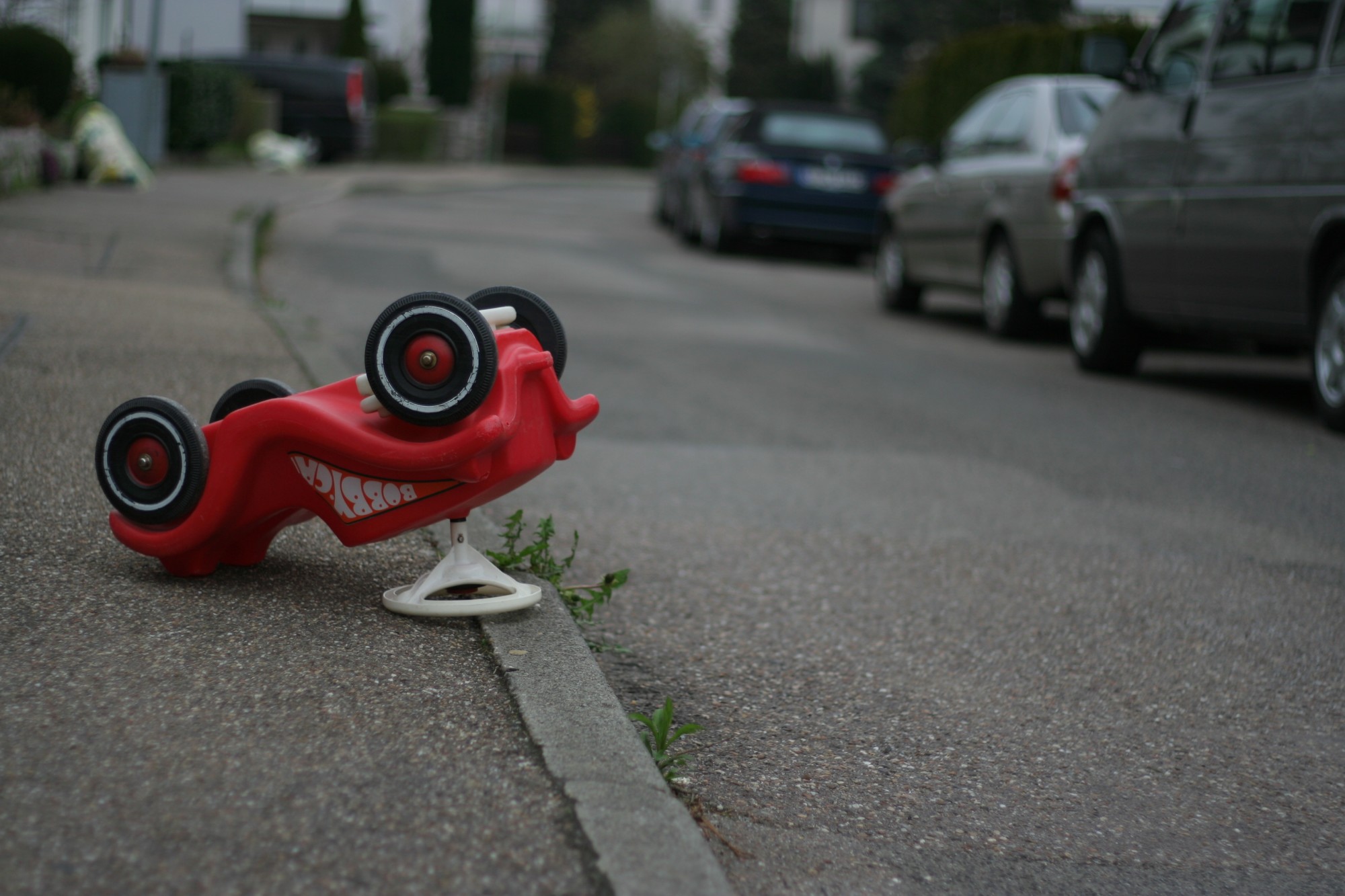
When our audience has a goal, we have to have a goal when we give a speech to them. It is a rare and special audience that has come together because they all want to achieve or learn about one thing. As speakers it is our job to make sure that we understand what has motivated them to gather and become our audience. Once we know what has motivated them, it then becomes our responsibility to make sure that our speech will provide them with the information that they have come looking for. Let’s take a look at how you might go about doing this if you were going to give a speech to an audience that wanted to know when they could sue for damages after being in a car accident…
We all like to think that we’re safe and secure when driving on highways and other open roads. And yet, car accidents occur far more frequently than we like to believe. In fact, the odds that you will get into at least one car accident in your life are astronomically high.
These accidents can range from as mild to a fender bender to deadly serious. If you’ve been injured in an accident, or if your car has been damaged, you may be facing serious financial difficulty ahead. Neither of these areas tends to be cheap to care for.
But should you sue for damages? That really depends on the specifics of your case and how the situation is unfolding. Read on, and we’ll walk you through what you need to know.
Seeking Compensation Through Insurance
Many states in the country operate under a policy known as “no-fault.” In a no-fault state, a person is intended to seek injury compensation from their own insurance company following an accident. This is the route that most drivers are forced to take as opposed to opening a lawsuit against the other driver.
In a no-fault state, insurance companies generally cover only their client’s damages. The name no-fault comes from the idea that, unlike in a court of law, no one needs to prove negligence in order for damages to be awarded. There is no burden of proof in establishing the dangerous driving behavior of one of the drivers.
Most insurance companies will only cover the strictly economic costs related to your accident, including medical expenses and automobile repair costs. Non-economic costs, such as pain and suffering, are usually not covered by an insurance company.
Just because you live in a no-fault state doesn’t mean you can’t sue the other driver, however. In most cases, a payout from the insurance company should negate your need to sue the other driver. But there are some situations where a lawsuit still might be necessary.
For example, what if the other driver has a poor auto insurance policy? The payout the company might be able to give might not be enough to cover the damages you sustained as a result of the accident. Or, if you truly believe you’ve suffered great emotional damage from the accident, you might want to seek compensation for your suffering.
These are cases in which bringing a lawsuit forward would make sense. If you want to sue the opposing driver following an accident, it’s important that you learn more about car accident lawsuits.
When Not To Bring A Lawsuit Forward
Even if you have the ability to sue following an accident, it might not always be the most advisable course of action. Unlike with an insurance settlement, a lawsuit requires much more work to prove that you are worthy of being awarded damages.
In a lawsuit, you will need to prove both the fault of the other driver and concrete evidence of the damages that you’ve sustained. If you won’t be able to prove one or both of these elements, it might not be worth bringing the lawsuit forward.
Suing someone can be expensive, and if you aren’t able to win the case, you can leave yourself in a worse position than when you started.
Proving Fault
Proving fault in a car accident case usually revolves around the concept of a duty to use reasonable care.
Legally speaking, there is an expectation that a driver on the road will use reasonable care when operating a vehicle. That means driving at a safe speed, using proper signaling procedures, and looking out for situations that could cause an accident.
In order to win a car accident lawsuit, you and your lawyer will need to prove that the other driver failed to drive with reasonable care. If they were speeding, not signaling, or doing something like texting? That can be an easier case.
But if the behavior they were exhibiting is less clear, it can be difficult to establish fault. You will need to really dig into the accident and explore what factors led it to happen. A police report from the accident can be huge in helping to establish fault.
Witness testimonies from the scene can also be a huge resource. It’s best to think of these things immediately following an accident so that you can gather important evidence.
Proving Damages
When it comes to proving your damages in a lawsuit, evidence is key. Evidence for economic costs is fairly straightforward. You can bring forward medical bills, evidence of lost wages, and other numerical information.
If you’re suing for damages you couldn’t obtain in an insurance settlement, you can bring the details from the case.
When it comes to non-economic damages, things can get a bit dicier. A medical professional’s diagnosis of a condition like PTSD can be a good form of evidence. You will need to get some form of concrete evidence in order to be awarded compensation.
A lawyer well versed in obtaining compensation for such issues can help build your case and find evidence that will support your situation.
Should You Sue For Damages After An Accident?
Car accidents can be a terrible interruption in your life. They can be shocking, dangerous, and a huge financial burden. That’s why you might be considering how to sue for damages. The above information should help you make your decision on how to approach your situation.

